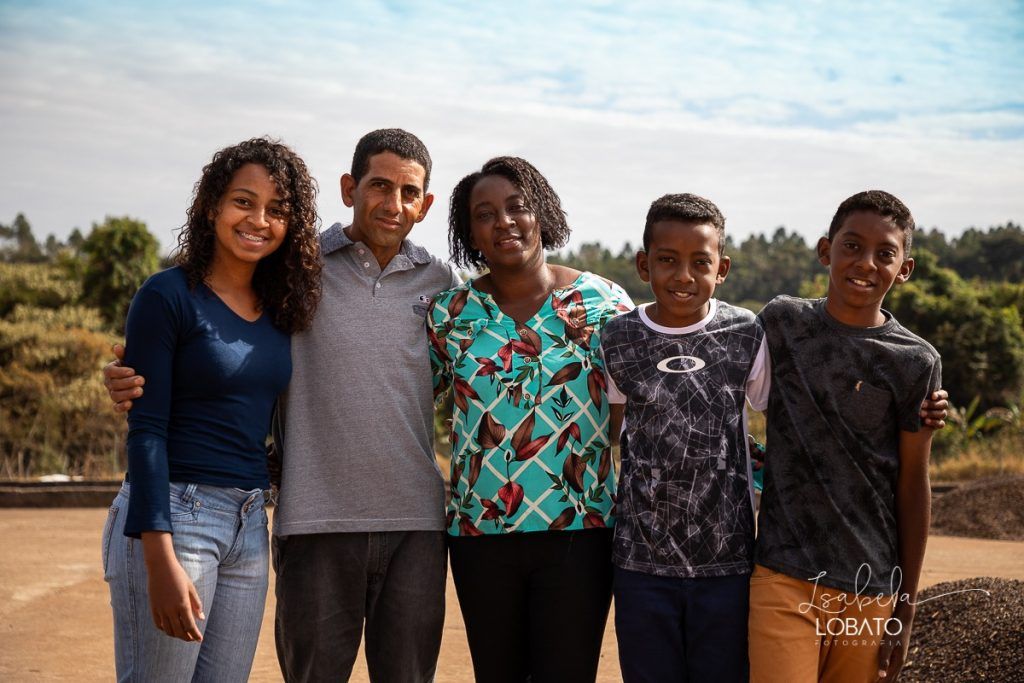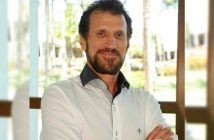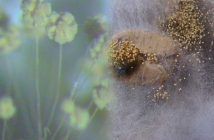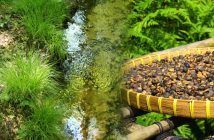The story of this family is no different from that of many other specialty coffee producers, except for the fact that they are black. A rare case in the country, whose growth and development was forged thanks to the work of black slaves from Africa
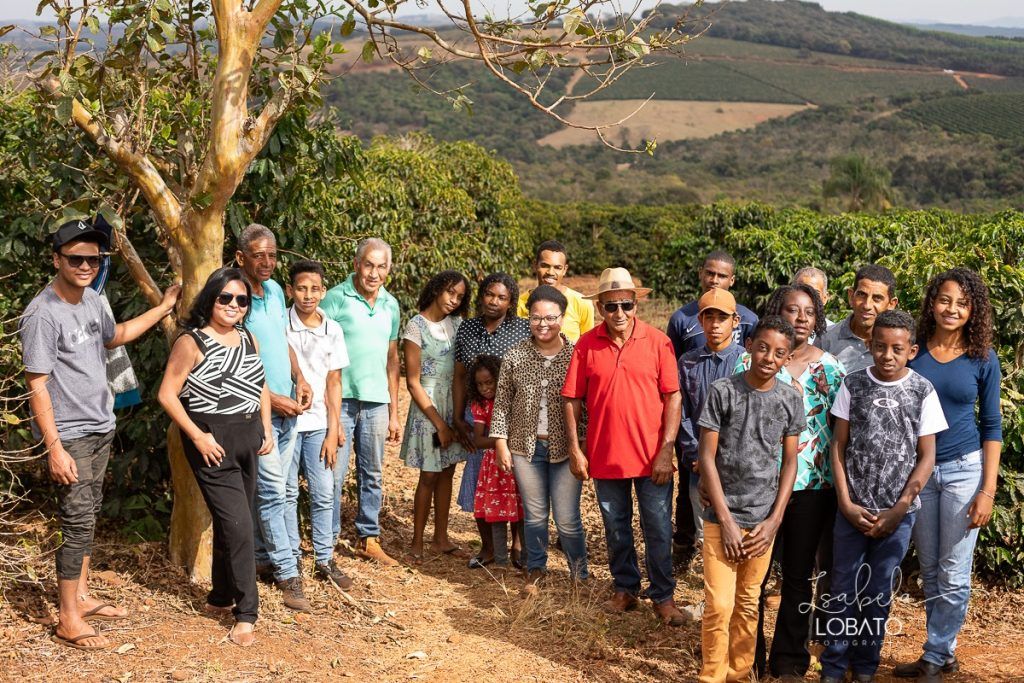
This could be yet another story about small specialty coffee producers in Brazil. However, this one stands out because the characters are black, descendants of African slaves, who arrived in the country to work in the fields, mainly in coffee farms. When slavery ended, blacks were replaced by white labor, especially Italians. The freed blacks were forced to leave the lands and the knowledge acquired in the work with coffee was lost.
Despite the abolition, nothing more was offered to them!
In southern Minas Gerais, Roberto Peixoto’s family, made up of 12 siblings, began to take a liking to the coffee plantations when they were still children and saw their father working in the business as an employee of large farmers.
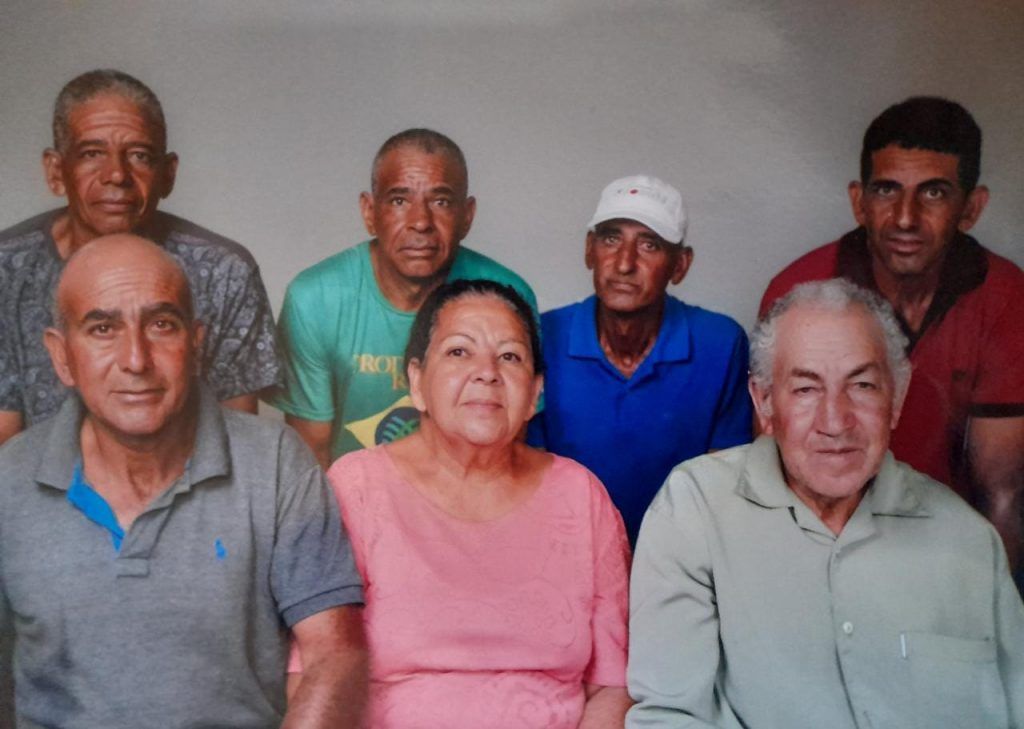
The years went on and Roberto Peixoto and six of his siblings – Sebastião, Hamilton, José Thiago, Mário Lucas, Joaquim and Antônio managed to buy a 44-hectare property – the Santo Antônio farm – next to the Samambaia farm (see article here), in the municipality of Santo Antônio do Amparo.
Currently, the property is responsible for supporting 25 people, all of them family members, who produce specialty coffees at an altitude of 1,140 meters. The story is told by Roberto’s wife, Neide Peixoto.
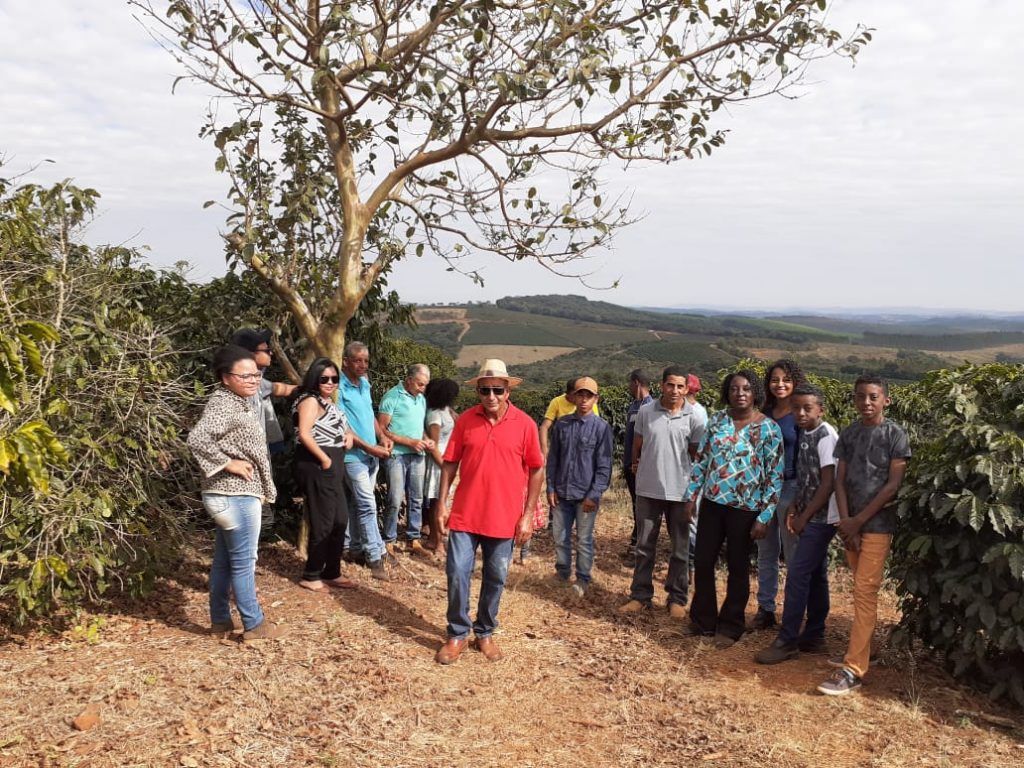
“When we began producing coffee, we had never heard of specialty coffees, but people went there and said that our coffee had something special. I remember a few coffee tasters who went there and said that our coffee was doing well and that we should present it in a contest,” she said.
Neide Peixoto is referring to the competition promoted by EMATER and the Germany-based Hans R. Neumann Foundation, from Neumann Koffee Gruppe, a world leader in green coffee marketing, headquartered in Hamburg, Germany. In 2008, they participated for the first time and won and, always standing out in the following years.
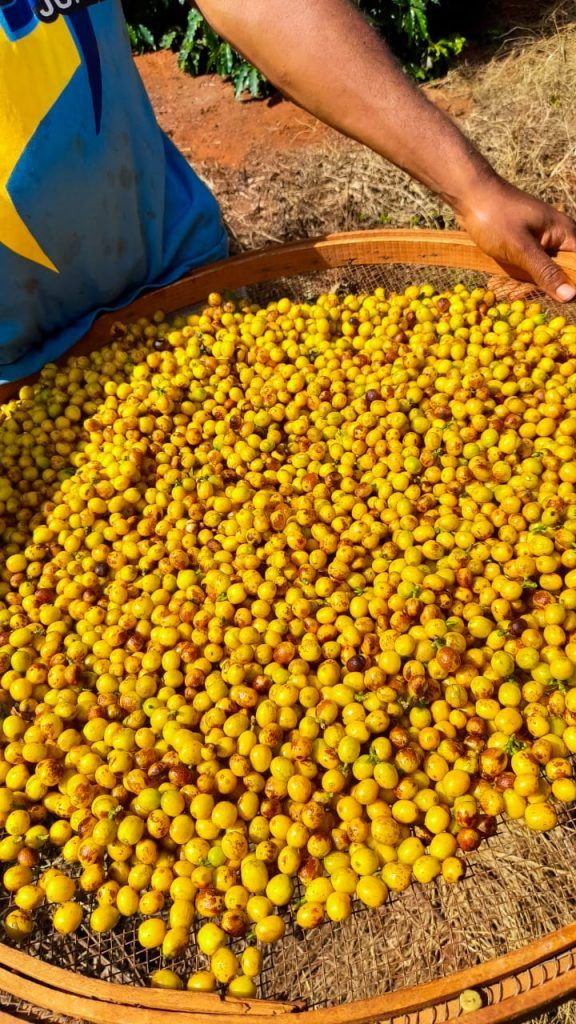
“The fact that we won the contest several times and ranked second and third in others opened our eyes and we started looking for courses to have a better understanding of this market. The fact is that we won the contest, but we were not able to sell our coffee as a specialty product, but only as a commodity to the cooperative in the region,” explained Neide.
Time went on and the concept of specialty coffee spread, with several courses beginning to appear on the production of specialty coffees. The Peixoto family soon realized there was a great opportunity to get a better value for their bags.
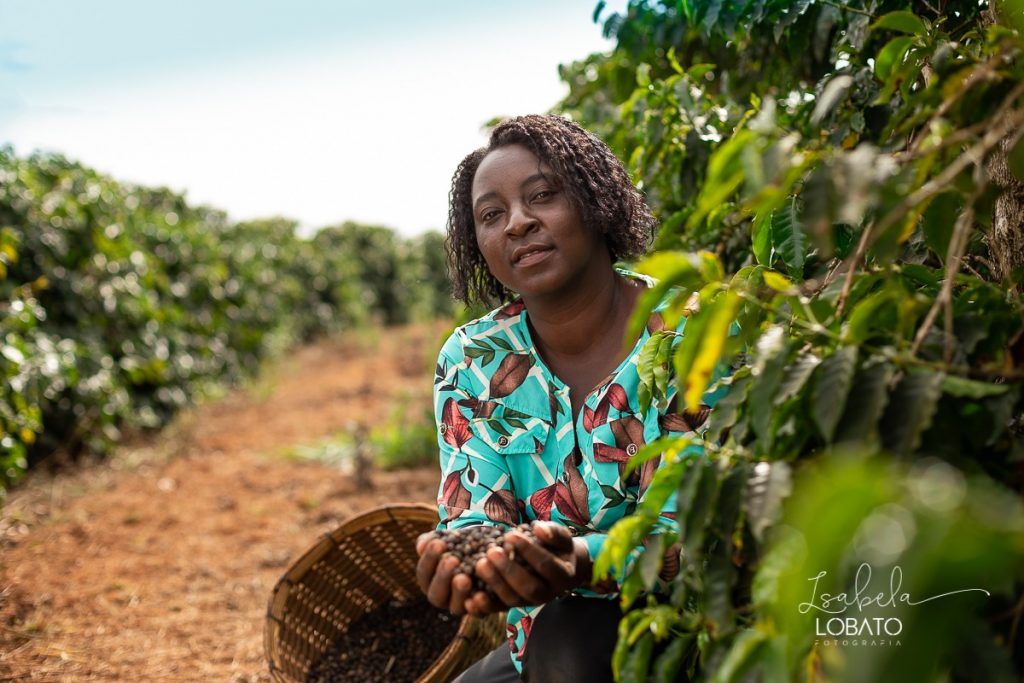
“In the beginning, I was on the farm Monday through Friday and, on the weekends, I worked at the beauty salon I set up in the city. When things got a little better, I left the salon and started to work on a full-time basis on the farm’s coffee production, especially in the post-harvest period,” she said.
Although the siblings worked together, they decided that it would be better to split the plots so that each could manage their own, as a micro-property.
Currently, they have 74,000 trees in production and over 10,000 newly planted ones, of the varieties Mundo Novo, Acaiá, Red and Yellow Catucaí, Arara, Paraíso, and Topázio. Everything is produced with great care, without mixing plots or varieties and without letting them ferment.
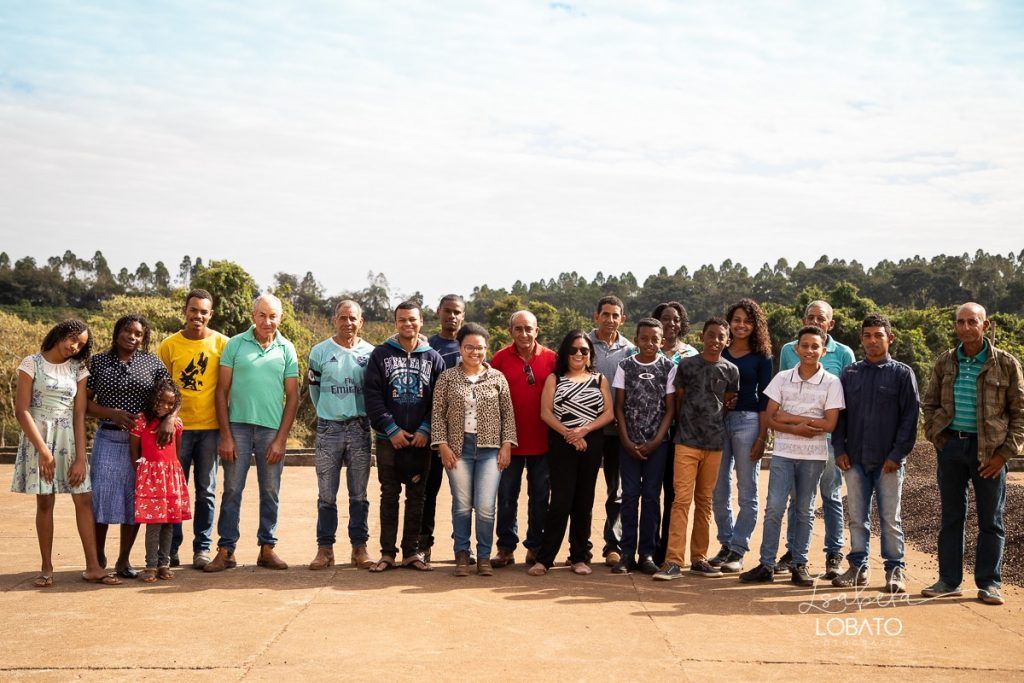
As a result of such dedication, last year, they managed, for the first time, to export 260 bags of specialty coffee to BD Export, in the United States. Our total production last year was 600 bags. The difference is sold to the Cocatrel cooperative. This year, we are confident in the quality of our coffees and we hope to sell a good portion of it to BD again.
According to Neide, those who wish to try their coffees in Brazil will have to buy from Café di Preto @cafedipreto or from Pura Cafeina @puracafeina. The rest will be shipped to the foreign market.
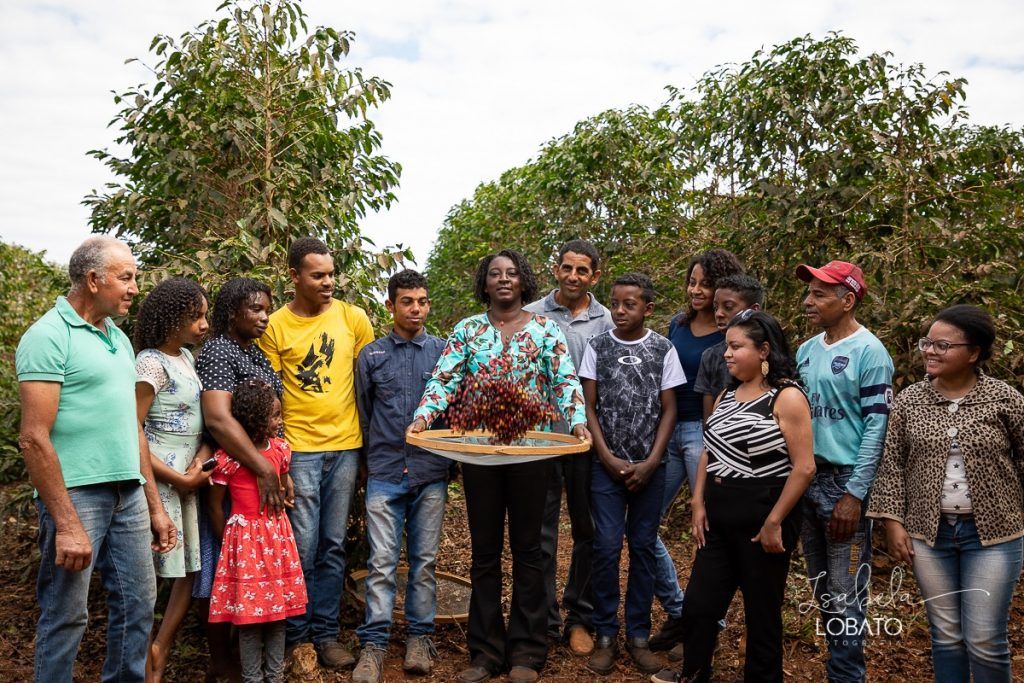
In the future, they intend to continue investing in quality and manual selective harvesting, as well as setting up a small roaster to allow the tasting of their own coffees. “My nephew, Uender, is studying coffee tasting, and as a natural consequence, we intend to roast our own coffee so that we can sell it here, on the farm.
